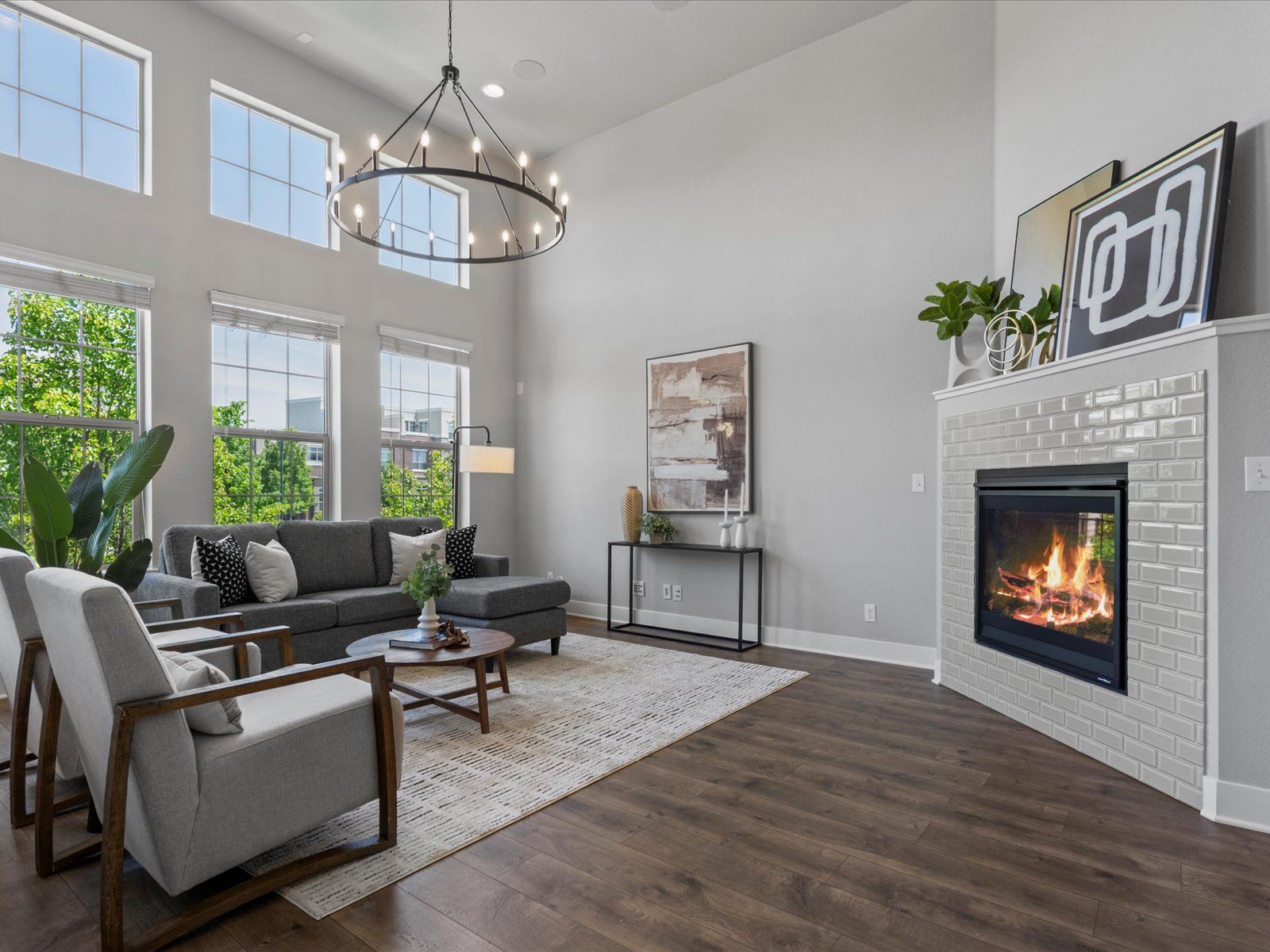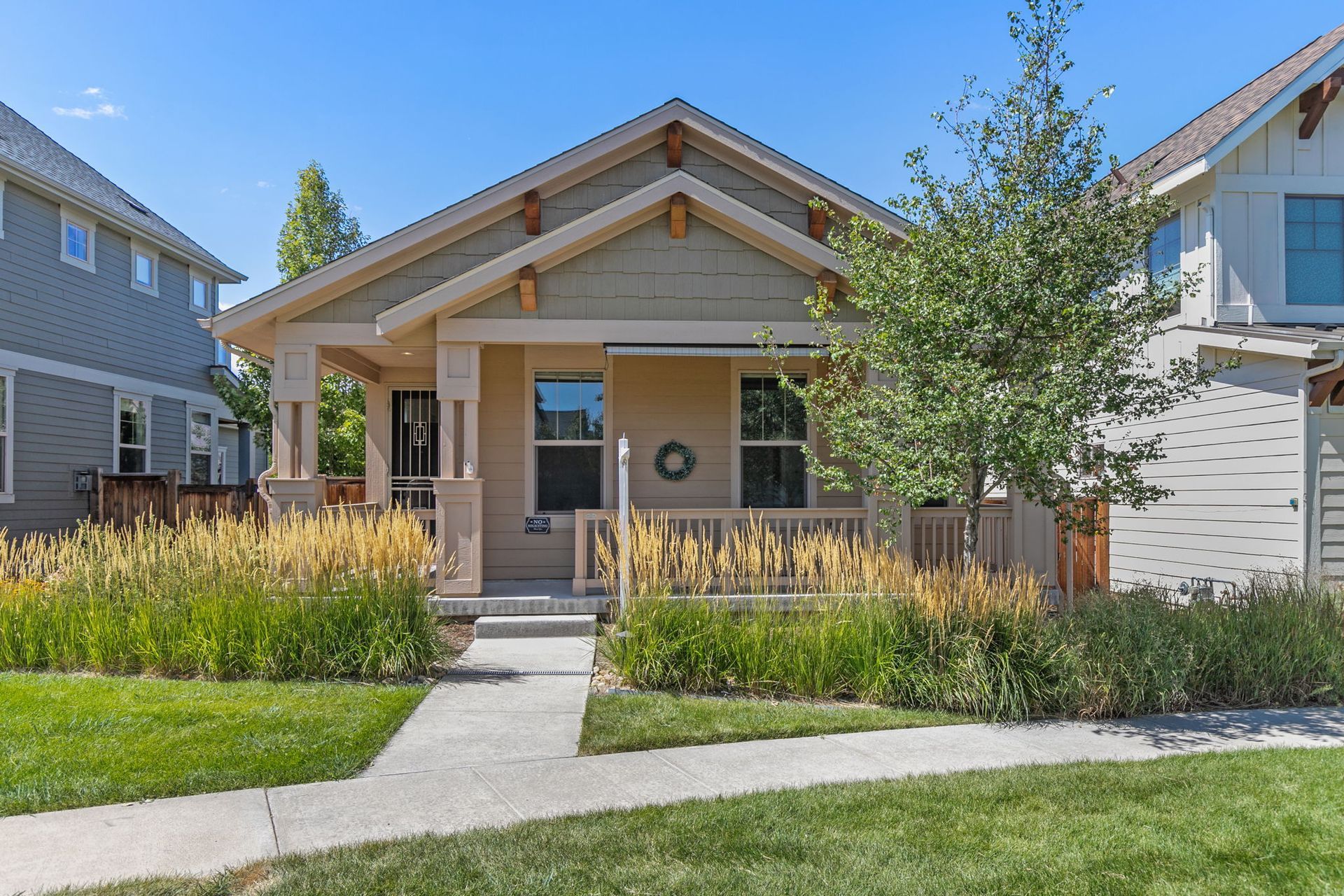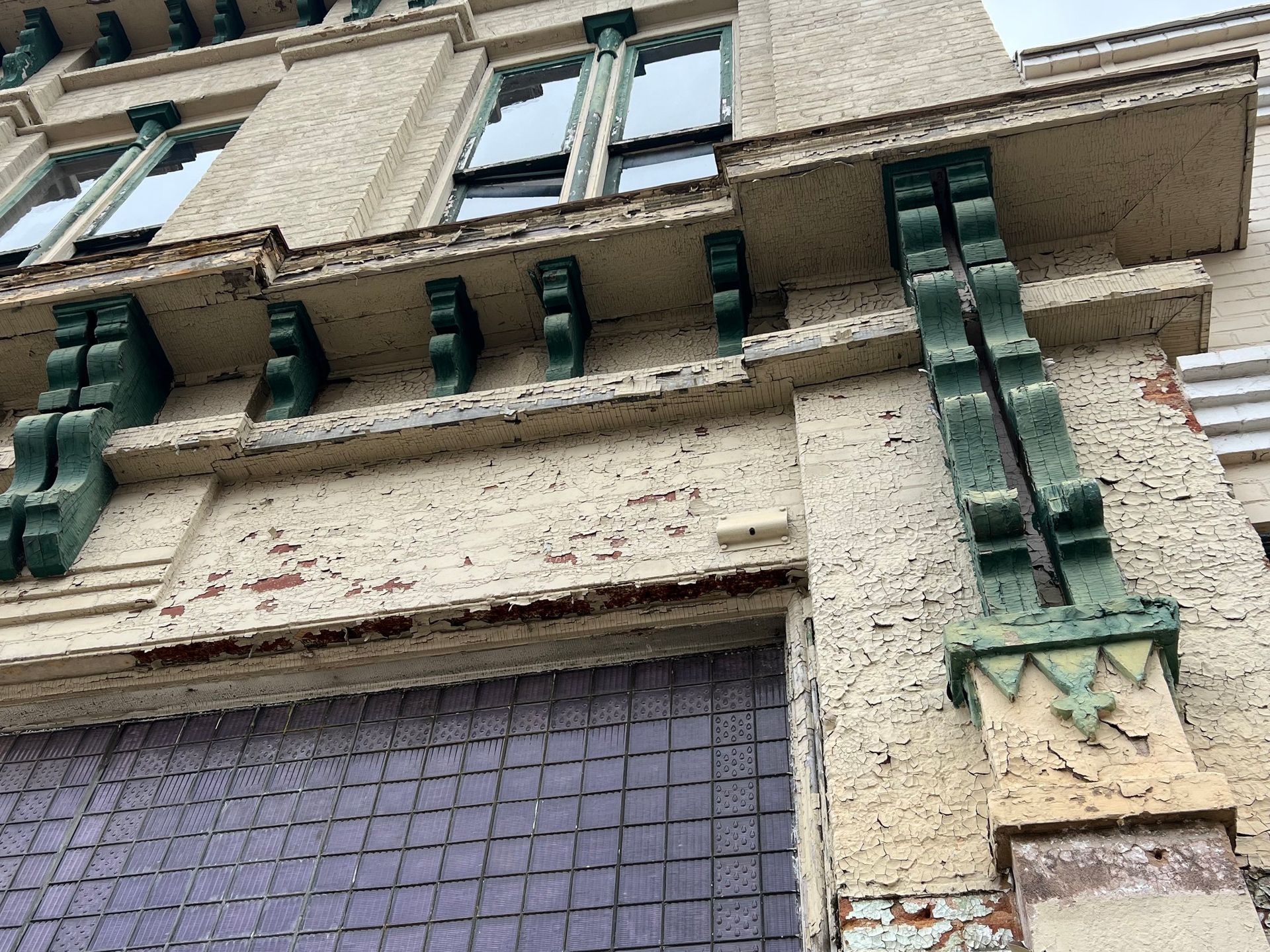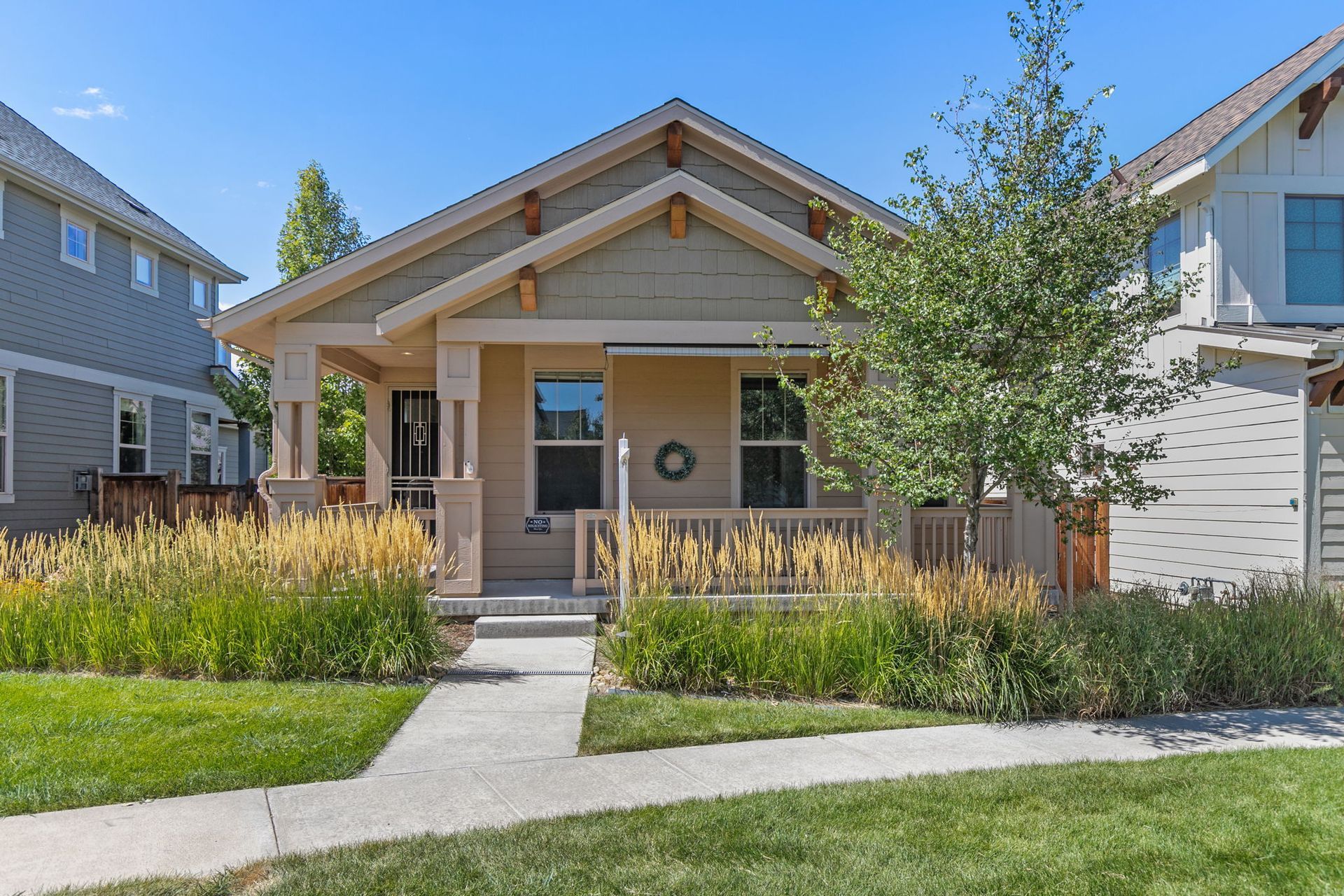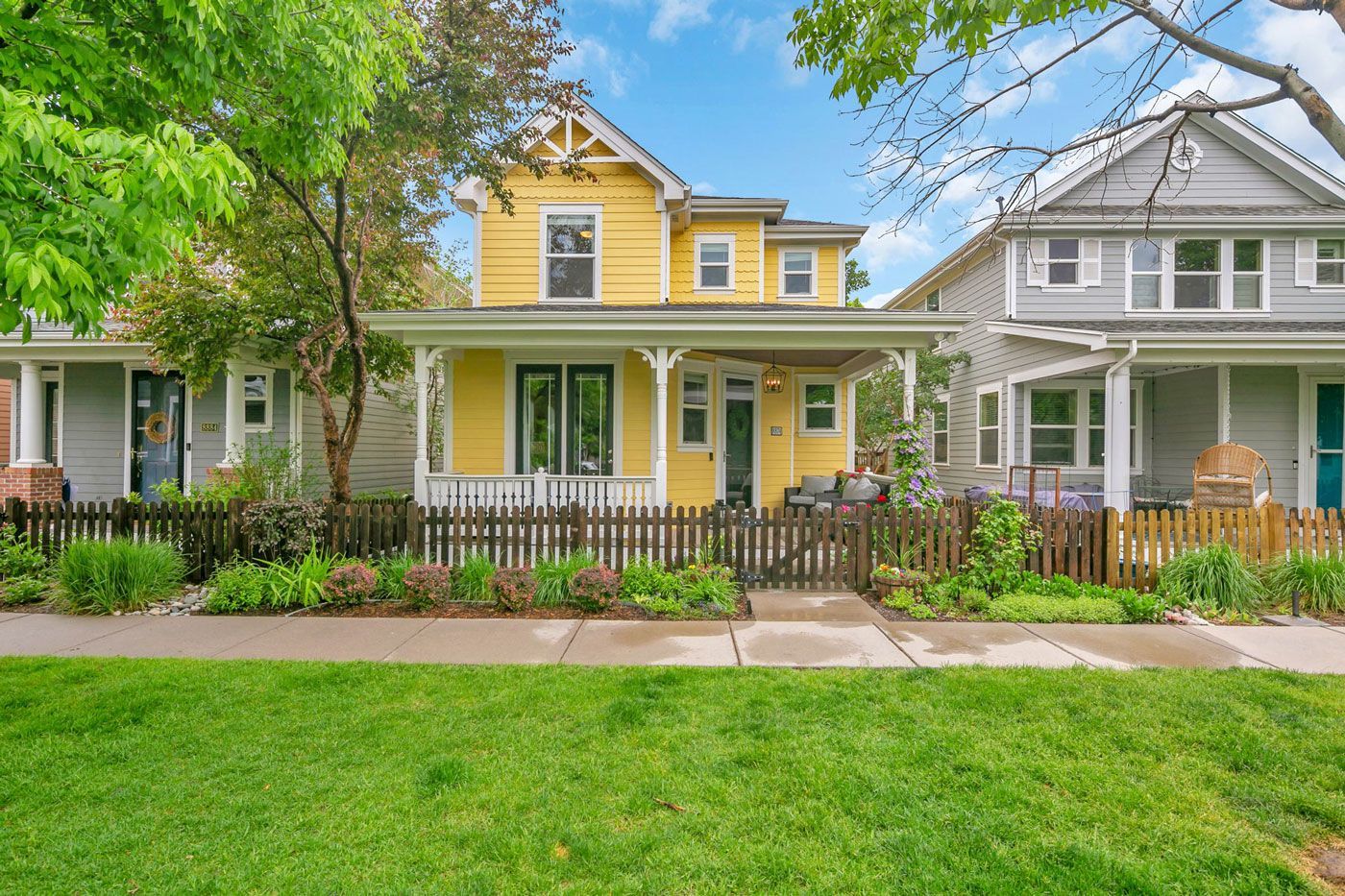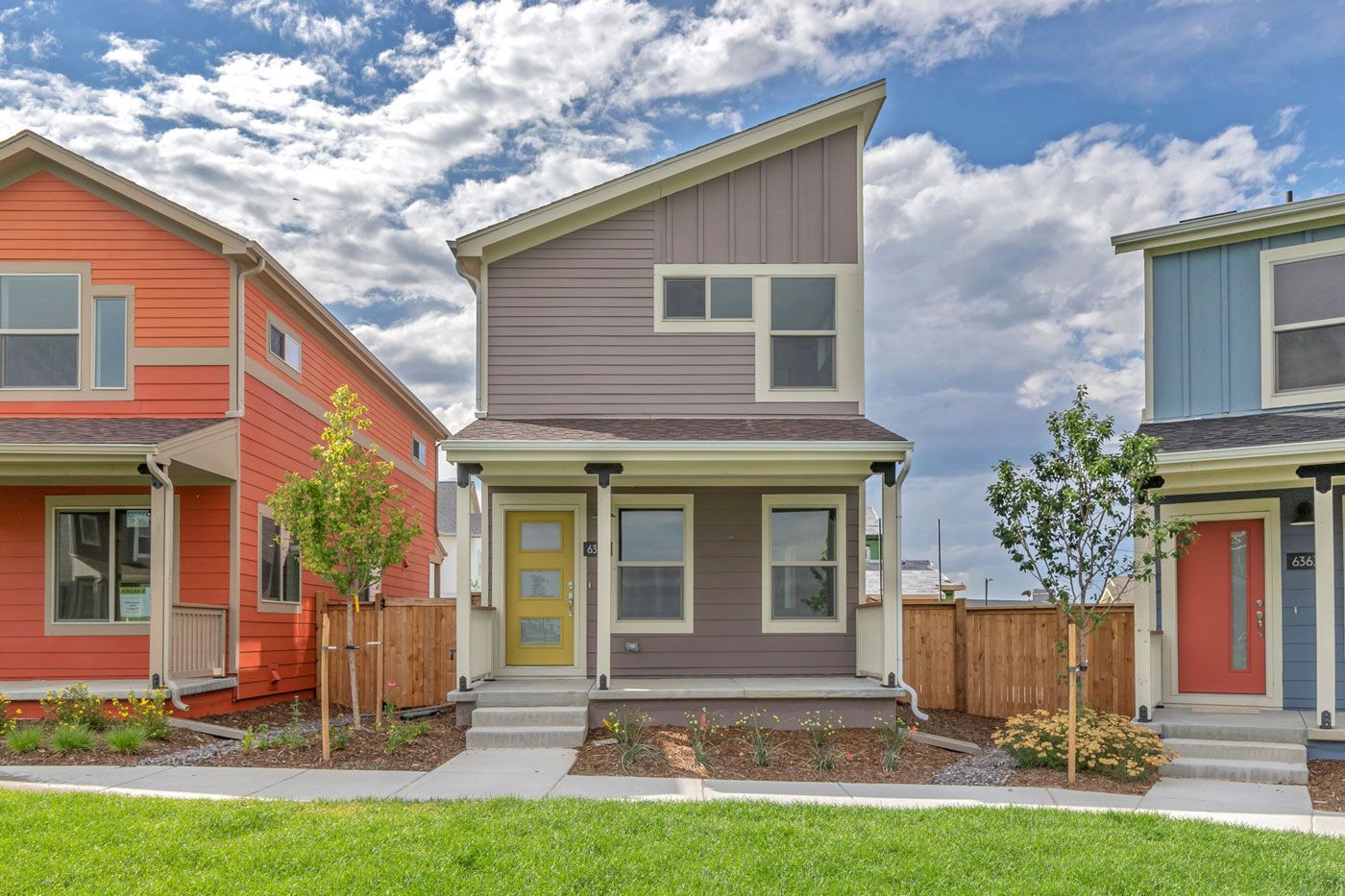Seller Resources
Selling With Focus
When you choose to work with Focus Real Estate, you'll have a neighborhood expert agent on your side. We've focused on Central Park for 13+ years, and we offer both brokerage and property management services. We'd love to put that neighborhood expertise to work for you and make your listing shine through our "Market Ready" home preparation process!
Why Sell with Focus Real Estate?
- Central Park expertise
- Listing project manager to coordinate repairs
- Professional home staging
- Floor plan of your home
- Drone footage (when applicable)
- 360 virtual tour
- "Coming Soon" marketing
- Yard sign with high quality brochures
- Luxury professional photos
- Exposure on major real estate sites
- Central Park Scoop marketing
- Targeted email marketing
- Social media campaigns
- Coordination of inspection item repairs
- Seller-friendly contracts




